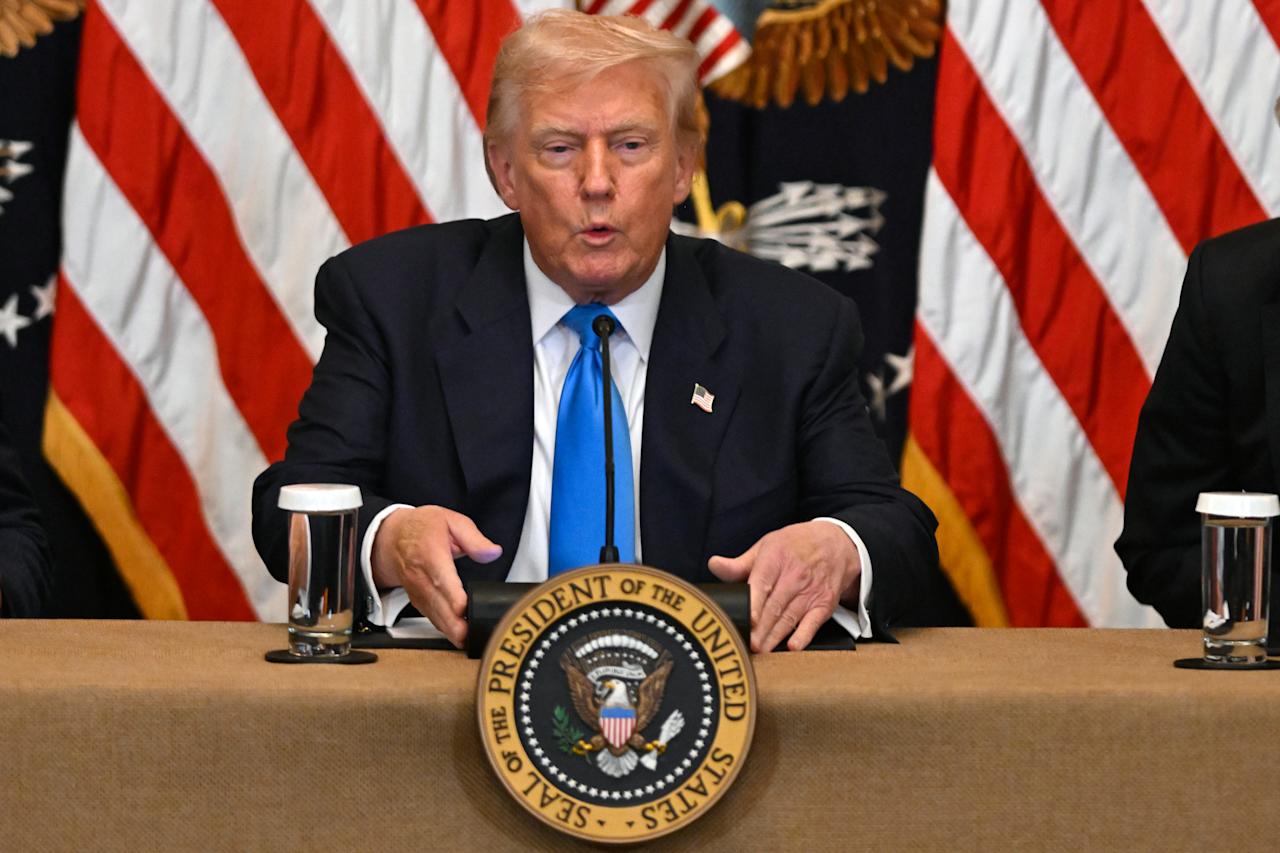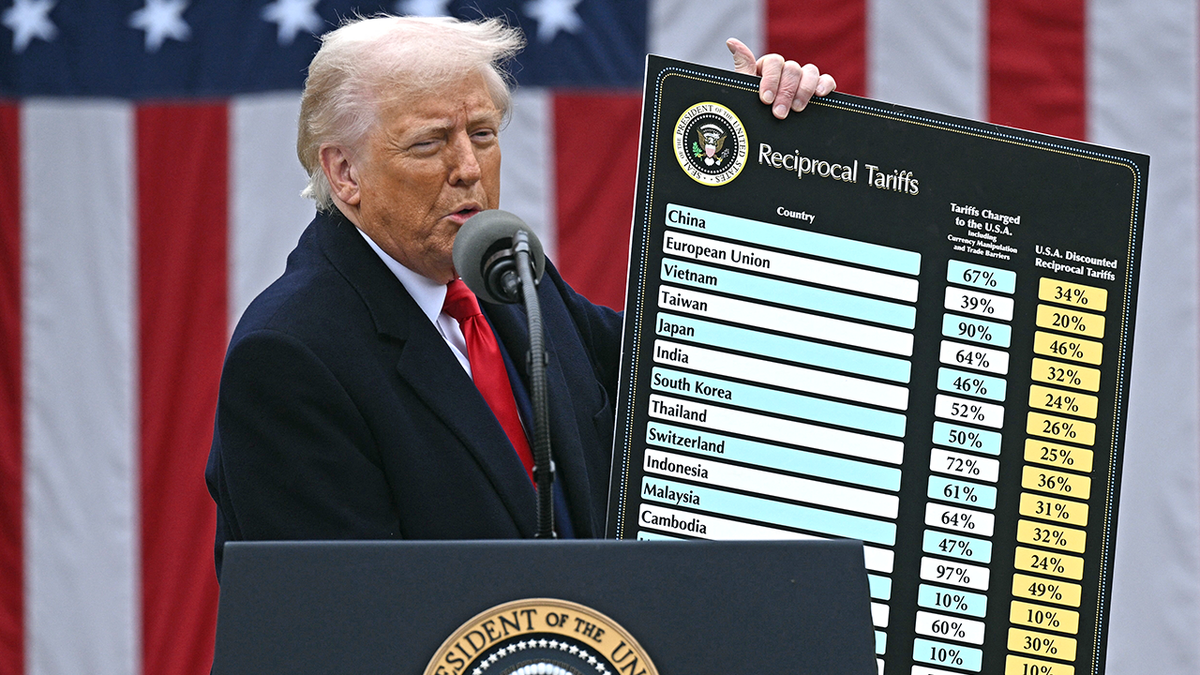Trump Imposes Massive Tariffs on Imported Medications, Threatening U.S. Drug Prices
On August 5, 2023, former President Donald Trump announced a sweeping policy initiative that will impose colossal tariffs on imported medications, a move that could drastically alter the landscape of drug pricing in the United States. This announcement comes as part of a broader effort to bolster domestic pharmaceutical production and reduce reliance on foreign suppliers, particularly in light of ongoing economic challenges and political tensions.
Background & Context
The United States has long grappled with high prescription drug prices, which have become a focal point in healthcare discussions. Trump"s new tariff policy is aimed at addressing this issue by encouraging U.S. pharmaceutical companies to produce more medications domestically. By imposing significant tariffs on imported drugs, the administration hopes to create a more competitive environment for American manufacturers, thereby potentially lowering costs for consumers.
This announcement follows a series of controversial policies during Trump"s second term, which has included heightened immigration enforcement and economic sanctions against foreign nations. The proposed tariffs, however, are particularly noteworthy as they directly impact the healthcare system, an area that affects millions of Americans. As previously reported, the Trump administration has also been vocal about its disdain for the current condition of the Russian economy, which adds another layer of complexity to the international trade dynamics surrounding pharmaceuticals.
Key Developments
During the announcement, Trump stated, "We cannot allow foreign nations to dictate the prices of life-saving medications for American citizens." This statement underscores a commitment to prioritize U.S. interests in pharmaceutical production and pricing. The tariffs are expected to vary significantly depending on the type of medication and its country of origin, with some estimates suggesting increases of up to 25% on certain imports.
In addition to the tariffs on medications, Trump announced that penalties would be imposed on banks that refuse services for political reasons. This move is seen as an effort to ensure that financial institutions remain neutral and support businesses that may be affected by foreign trade policies. The announcement of these penalties follows a series of events where banks have faced backlash for withdrawing services from businesses associated with politically sensitive issues.
\n\n
Image for Trump Imposes Massive Tariffs on Imported Medications, Threatening U.S. Drug Prices
Broader Impact
The implications of the new tariffs could be far-reaching. Experts are divided on whether these measures will ultimately benefit American consumers. Some healthcare advocates warn that while the intention is to lower drug prices, the tariffs may lead to increased costs for consumers in the short term as pharmaceutical companies adjust to the new trade landscape. "Tariffs often lead to higher prices for consumers, and we could see that in the pharmaceutical market as well," said Dr. Emily Chen, a healthcare economist.
Moreover, the tariffs could exacerbate existing tensions with trading partners, particularly those that supply a significant portion of the U.S. drug market. Analysts are closely watching how countries like Canada and Mexico will respond to these tariffs, as their cooperation is crucial for maintaining a stable supply chain for medications. The situation could mirror past trade disputes where retaliatory measures led to increased prices and market instability.
What"s Next
As the Trump administration moves forward with these tariffs, the pharmaceutical industry is gearing up for potential changes. Companies are likely to reassess their supply chains and pricing strategies in response to the new economic environment. Additionally, lawmakers from both parties are expected to weigh in on the policy, with some expressing concerns about its impact on healthcare access and affordability.
Moreover, the proposed requirement for a passport to participate in the Diversity Visa lottery represents another significant policy change that could affect immigration patterns and workforce dynamics in the pharmaceutical sector. As these developments unfold, stakeholders in both healthcare and politics will be closely monitoring the situation for further updates and implications.

Image for Trump Imposes Massive Tariffs on Imported Medications, Threatening U.S. Drug Prices



![[Video] Gunfire between Iraqi security forces and Sadr militias in Baghdad](/_next/image?url=%2Fapi%2Fimage%2Fthumbnails%2Fthumbnail-1768343508874-4redb-thumbnail.jpg&w=3840&q=75)
